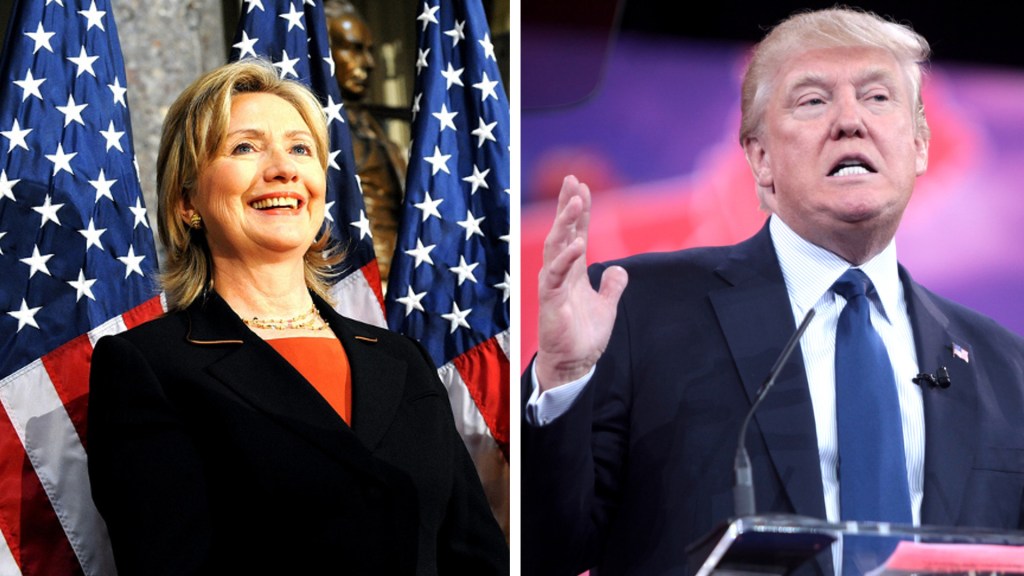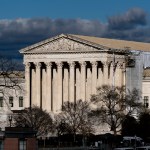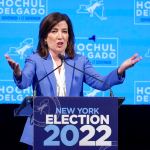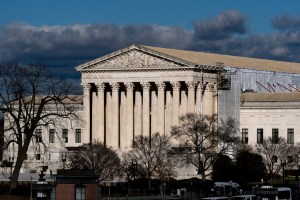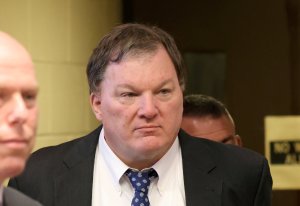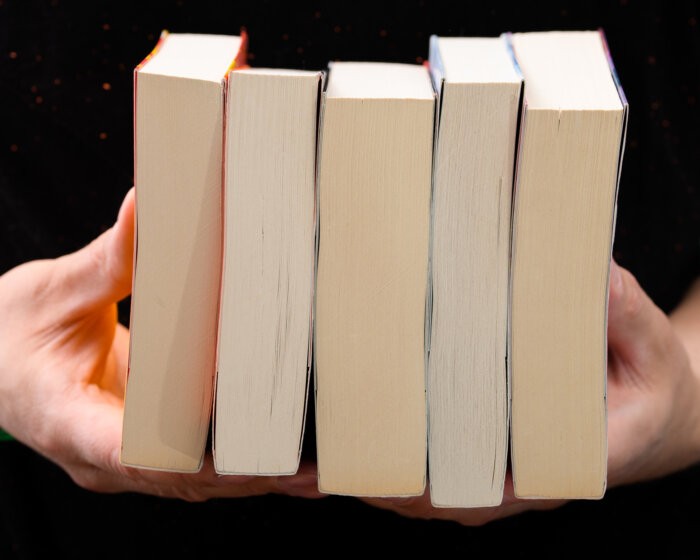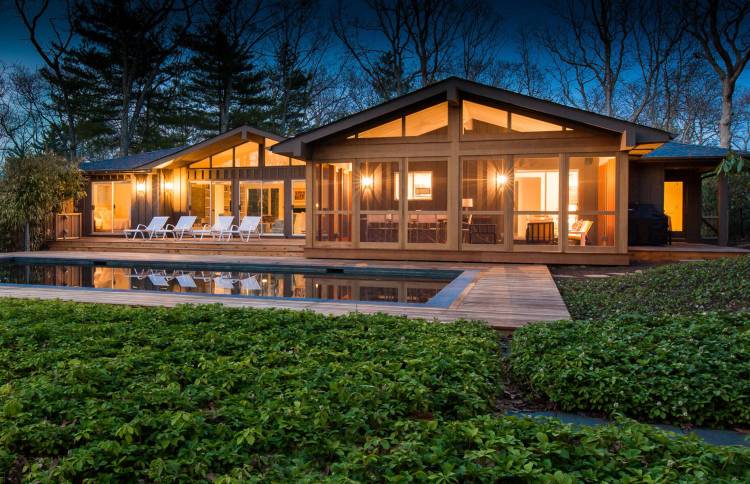Voters want him to make America great again.
Billionaire businessman and reality TV star Donald Trump won his bid for the presidency following an often vitriolic campaign against Hillary Rodham Clinton, the former U.S. Secretary of State, First Lady, and U.S. Senator from New York, claiming perhaps the largest upset in American political history just before 3 a.m. following a congratulatory phone call from Clinton.
“I congratulated her and her family on a very, very hard-fought campaign. I mean, she fought very hard,” Trump told supporters at the Hilton Midtown in Manhattan. “We owe her a major debt of gratitude for her service to our country. I mean that very sincerely.
“Now it is time for America to bind the wounds of division,” he continued. “I pledge to every citizen of our land that I will be president for all of Americans, and this is so important to me.
“Working together, we will begin the urgent task of rebuilding our nation and renewing the American dream,” Trump added.
Trump’s triumph capped a divisive campaign that revealed deep fissures in American politics and exposed just how divided the country remains after the election of its first black president.
Clinton had been favored to defeat her Republican challenger Donald J. Trump from the outset. But as Election Day drew closer, the polls tightened, with Trump outperforming Clinton in several key battleground states. Her shrinking lead coincided with FBI Director James Comey’s ambiguously worded letter announcing the agency had uncovered new emails related to Clinton’s tenure as Secretary of State.
After an uneasy few days, the Clinton camp, along with her Democratic surrogates, relentlessly questioned Comey’s motives—and even drew comparisons to the FBI under J. Edgar Hoover, who was notorious for his politically motivated investigations into anti-war activists and civil rights leaders.
That there was yet another obstacle thrown at Clinton or Trump was of no surprise, given how this tumultuous race for the White House had already set a new low for divisiveness. Even before the so-called “October Surprise”—which included thousands of leaked emails from Clinton and her campaign officials—the election had already been defined by scandal and apocalyptic undertones.
The toxic nature of the election extended past US borders, with claims of Russian meddling in a bid to delegitimize American democracy. Indeed, one of President-elect Trump’s first congratulatory calls was from Russia’s leader Vladimir Putin.
The businessman and reality TV star led an insurgent campaign that attracted populist appeal. It was obvious from the beginning of Trump’s candidacy that this would be a campaign unlike any other in modern US history.
When Trump announced his race at Trump Tower in New York City in June 2016, he effectively set the stage for nationalistic upheaval, excoriating Mexico for sending “rapists” and “murderers” to the US—a comment that would bedevil his campaign in the face of an increasingly diverse electorate. He vowed to have America’s neighbor to the south pay for a wall—“a beautiful wall”—to blunt immigrants from entering the country. Later, he said he’d ban Muslims from entering the US following several deadly attacks abroad.
Trump was accused of being many things along the way: a demagogue, a misogynist, an Islamophobe and a racist. But his supporters, many of whom were skeptical of mainstream media, either didn’t care or viewed the attacks as a nefarious effort to derail their candidate. Trump’s ability to shrug off criticism about his inflammatory remarks earned him the nickname “Teflon Don,” and his supporters celebrated his lack of decorum—which they perceived as a direct challenge to political correctness run amok.
Considered a long shot, Trump bludgeoned his fellow opponents like a battering ram buoyed by an ever-growing constituency. He ridiculed more polished politicians like former Florida Gov. Jeb Bush, U.S. Sens. Marco Rubio (Fla.) and Ted Cruz (Texas) on his way to earning the nomination for president.
Trump’s populist message became a rallying cry for millions of Americans—mostly white—and many working class men and women who had developed a deep mistrust of the central powers in Washington, D.C.
And his supporters responded. They poured into his rallies by the thousands, collectively participating in a call-and-response chant led by Trump himself. He’d ask: Who’s going to pay for the wall? “Mexico!” they’d roar. When his supporters attacked the media—which they saw as part and parcel of a “rigged” system corrupting America—Trump obliged, often pointing in the direction of the media during his rallies, prompting loud boos and sometimes derogatory remarks.
The GOP standard-bearer was often dogged by his own distractions, many of which were self-inflicted. He had to answer questions about the investigation into Trump University, the Trump Foundation, accusations that for years he had stiffed vendors and, most notably, sexual assault allegations from more than a dozen of women.
When a videotape came out of Trump on “Access Hollywood” brazenly discussing how his celebrity allowed him to inappropriately touch women with impunity, it threatened to deal a divisive blow to his campaign. And while Trump was damaged by the leak, it was not the knockout blow some suspected–and his opposition had hoped. And that’s perhaps due to the constant drip of leaks targeting Clinton, who was still hampered by her previous use of a private email server while she was the nation’s chief diplomat.
The majority of the country viewed both candidates unfavorably, which would not bode well, no matter the outcome.
Now it’s up to Trump to unite a divided nation—one that has seemingly become more racially divided and skeptical of the country’s two-party system than it’s been in many years.



